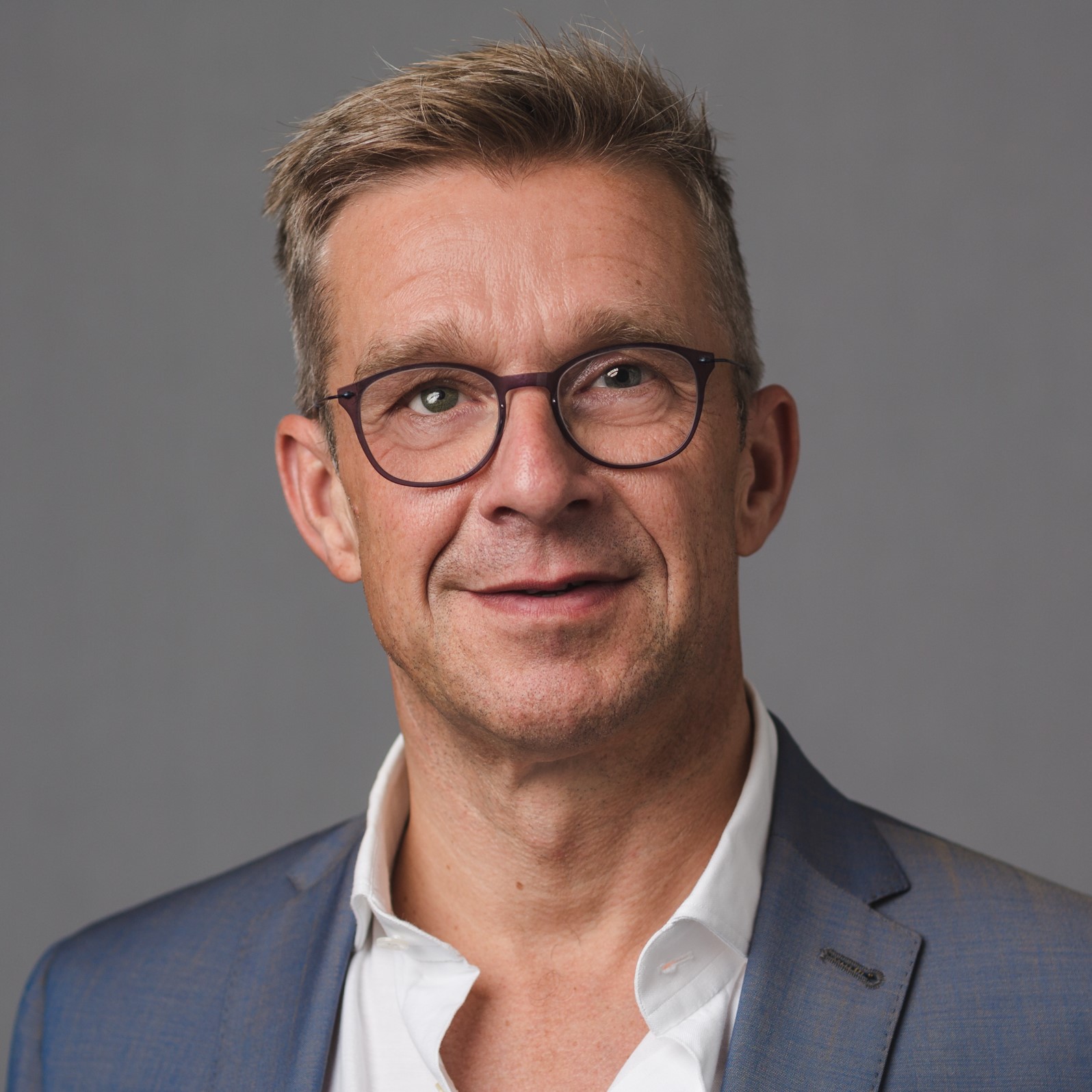Future Human Capital

Higher education institutions have a great responsibility when it comes to how students and teachers can internalise sustainability in the way they learn and work. After all, universities and colleges contribute to the formation of a new generation on the labour market and in society. How do we at The Hague take up this responsibility?
The The Hague Center for Teaching & Learning (HCTL) is the professional learning network for all employees of The Hague University of Applied Sciences. The HCTL advises, unlocks and organises professionalisation for teacher-researchers, researchers, project leaders and lecturers. Wâtte Zijlstra is a senior researcher at the institute, working on the research project Regenerative Pedagogy. What does learning, working and living mean within the new paradigm of sustainability? And how do we design sustainable - or rather, regenerative - higher education? "There is traditionally less focus in higher education on pedagogy, contributing to a student's development. It is often more about didactics, transferring knowledge. For regenerative higher education, we need to look at this differently. After all, it is about behavioural change."
Sustainability in education
The research project is directly the basis of a course on regenerative education, which will be available to all teachers at The Hague from 2026 and integrated into teacher training. Wâtte: "The search for what the curriculum should look like is at the same time the basis of our research project. For the duration of our research, we will organise eight learning workshops, sessions where teachers and students will discuss how to integrate sustainability and regeneration into educational practice. When you integrate sustainability into your teaching, you may have to deal with polarity, emotions, people's confusion about how best to address their role. In that context, we have a lot of knowledge at The Hague, thanks to colleagues at the Centre for Global and Inclusive Learning, on how to reconnect. And with nature."
Each learning workshop focuses on a regenerative pedagogical principle, such as inner development goals, emotions involved in a transition, what is justice in the context of sustainability or what can you learn from other disciplines in your own teaching experience. Sustainability is not a theme that immediately appeals to every teacher and student. "It can be difficult to determine how the theme can play a role in your specific discipline and way of teaching. Not everyone experiences it as equally important. That causes friction. Also, not every student is immediately open to the topic. If you come from a lower socio-economic class, for example, you may well see dedicating yourself to climate and sustainability as a privilege. After all, you have other things on your mind too. How are we going to make it everyone's topic?"
The eight learning workshops build on each other and eventually lead to a document summarising 'tips & tricks' on regenerative education. The outcomes are also incorporated into a podcast. Together, they form the basis for the new teacher training course. "The apprenticeship will include intervision and learning on the job. We challenge colleagues to develop a lesson in their own education and then present it to colleagues in the apprenticeship."
Everyone is a change agent
If it is less about cognition and knowledge transfer and more about development how does this affect your teaching style? Wâtte: "Pedagogy in the Netherlands has a reputation for being about children. Education stops at some point. In the UK and the US, pedagogy is much more educationally based, there, besides learning, it is much more about your development as a student, about connecting with your inner drives. As teachers, if we want to take regenerative higher education seriously, we will have to go through a transformation. It starts with thinking about what sustainability means for you personally. Everyone has their own role to find, it is not something you 'prescribe' to students. It is further important to make the topic small. Don't just talk about it at system level, but make it small. Otherwise, it is much harder for someone to see their own role and you only create resistance. Everyone is a change agent."